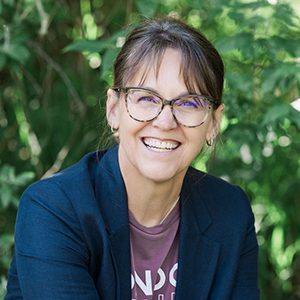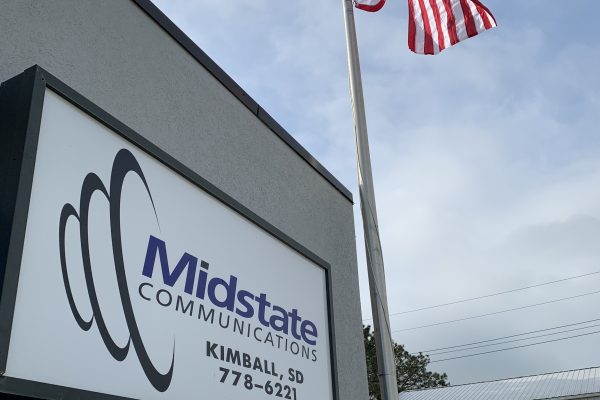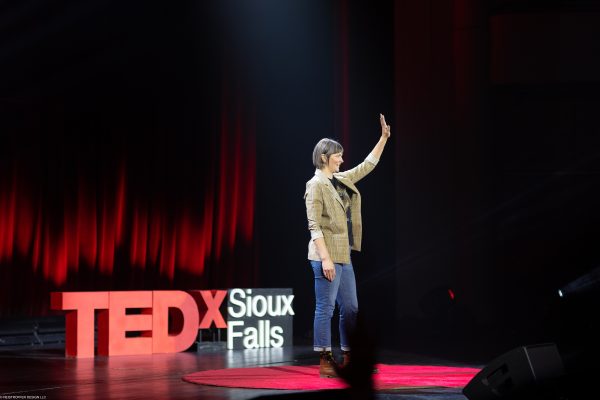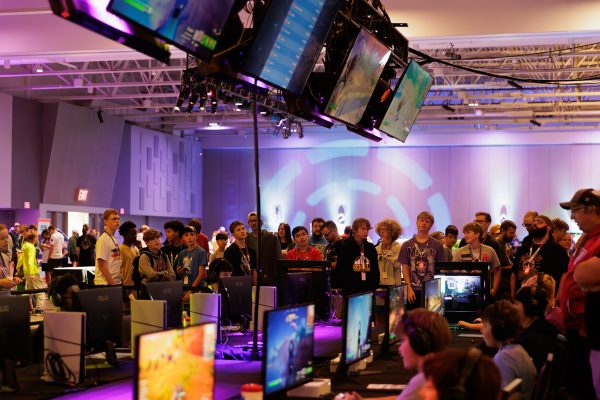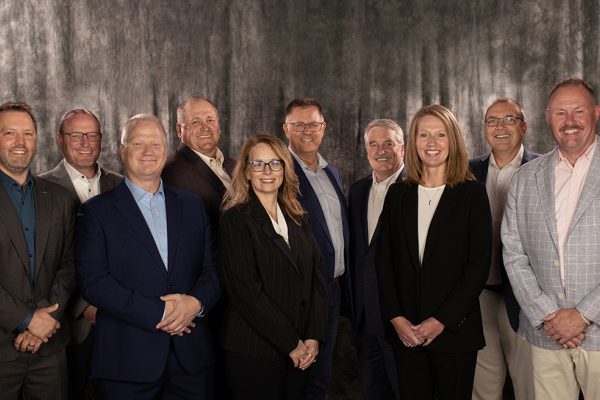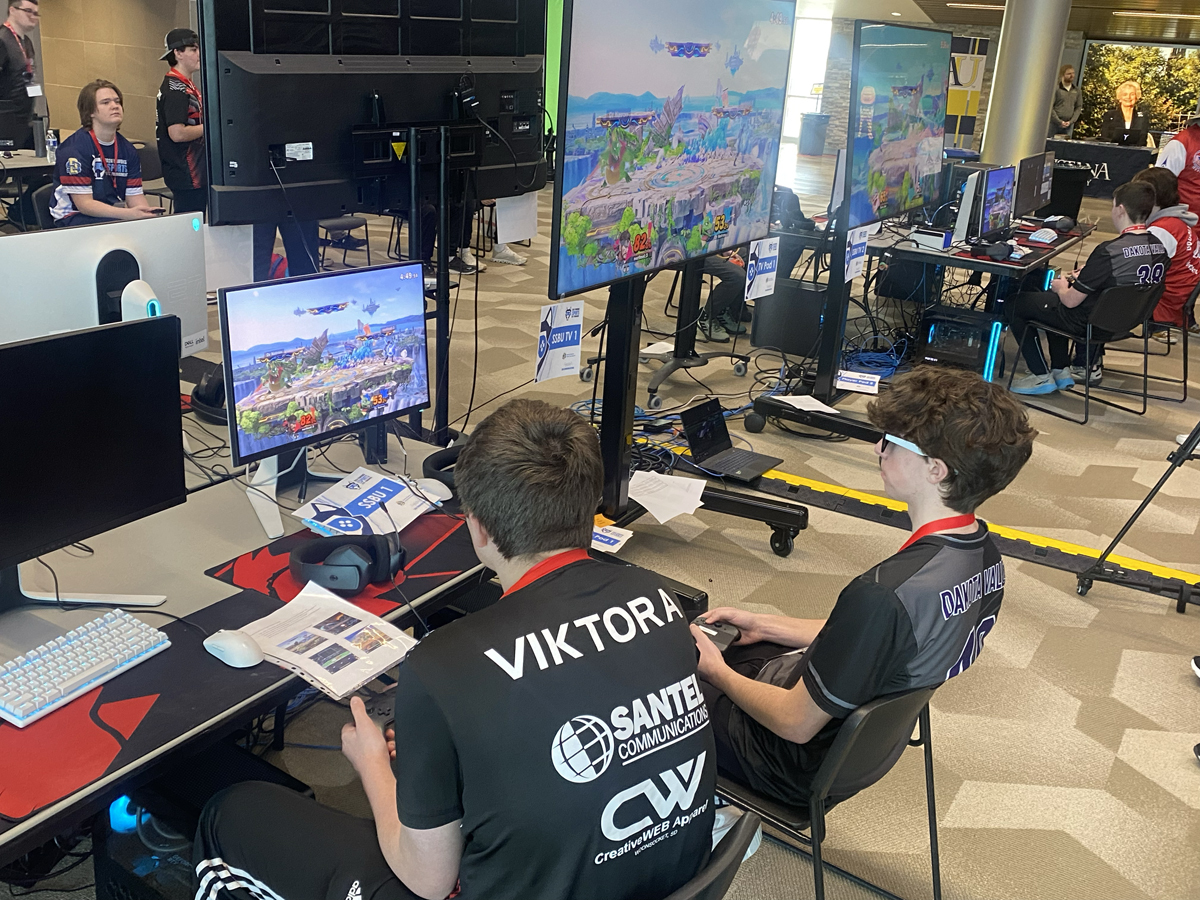
In small-town South Dakota, team sports are starting to look a little different.
Sure there are still track teams, basketball squads and Friday nights under the lights. But in a lot of these communities, there’s also an opportunity to be part of an esports team.
Esports will undergo its first season as officially sanctioned by the South Dakota High School Activities Association this school year. Last year, 20 high schools across the state piloted esports programs in anticipation of the sanctioning. For most, it was the first time esports had ever been offered in their school.
The reaction to the addition of esports has been largely positive, with students excited to have a gaming team and educators happy to see more opportunities for students.
“Gaming has always been a big thing, but nowadays it’s taking kids to a whole different level,” says Mike Erlandson, sports coordinator at Tripp-Delmont High School, in Tripp.
Esports has grown into a billion-dollar-a-year business. Popular players pull in hefty salaries, pack arenas and reach star status on social media. But while those players have helped to elevate the sport’s notoriety, it’s the everyday gamers who have turned gaming into a phenomenon. It’s estimated there are more than 3 billion gamers worldwide.
Tripp-Delmont, which has an enrollment of just 35 students, expects to field a varsity squad of 10 on its esports team this year. The team will compete in four titles — "Super Smash Bros. Ultimate," chess, "League of Legends" and "Rocket League".
Erlandson said he was thorough about introducing esports to his school, reaching out to Fenworks, the North Dakota company that facilitates high school esports in the state.
“I feel like this generation of kids … we just have a lot of kids who don’t have anything to do.”
A gamer himself, Erlandson said providing all students with outlets and activities is critical. Students involved in extracurricular activities demonstrate a higher level of engagement in school. But it’s important to understand that esports offers a whole lot more than simply playing a video game.
“A lot of people look at gaming as a negative thing, but I think it can benefit a lot of kids,” Erlandson says.
Esports teaching kids 'communications and interpersonal skills'
Esports advocates note that not only are students learning hand-eye coordination, they’re learning communication skills and leadership abilities. Esports enhance cognitive skills such as problem-solving, critical thinking and strategic planning. The sport also improves technical proficiency.
School esports teams follow the same rules as any other sports team, including maintaining grades. They practice regularly and compete weekly. Esports teams have team captains, and players must strategize and work together to be successful in the team games.
“It’s communications and building relationships with other kids through a platform that is comfortable for a lot of these kids,” he says.
Edward Clark, activities director at Baltic High School, agrees.
“The thing that people might be surprised at is that esports is also teaching the kids communications skills and interpersonal skills,” he says.
Colleges have taken note of these benefits. Universities across the country — including in South Dakota — now offer esports scholarships, providing even more incentive for students who already love to game.
Smaller communities helping lead way with esports
Baltic High School, enrollment 161, piloted esports last year with an esports club. About 35 students participated. This year, the team will be a sanctioned sport with a varsity squad of about a dozen. The team will compete in chess, "Rocket League" and "Super Smash Bros. Ultimate".
While Clark acknowledges that esports provide a way for kids who haven’t been involved in school activities to engage, he’s been pleasantly surprised by the way esports helps to bridge the gap between students and cultivate friendships that might not have happened otherwise.
He noted that plenty of students who are already involved in activities are also participating in esports.
“We had several kids on our team who had to coordinate practices and games with their other activities," he said. "It was a broad range of kids, and it was really refreshing to see that gap being bridged.”
Shae Fiala was one of those students.
Fiala, who graduated from Baltic High School in spring 2024, was a member of the track and cross country teams at Baltic. Yet he jumped at the chance to get involved with the esports team last year.
Fiala competed in the chess esports game and eventually competed at the state tournament held at South Dakota State University in Brookings.
“I got to meet some underclassman who I wouldn’t have interacted with outside of esports,” he says. “And when we went to the state championship, I got to meet a lot of kids there who played chess. It helps more kids build relationships and get to know each other.”
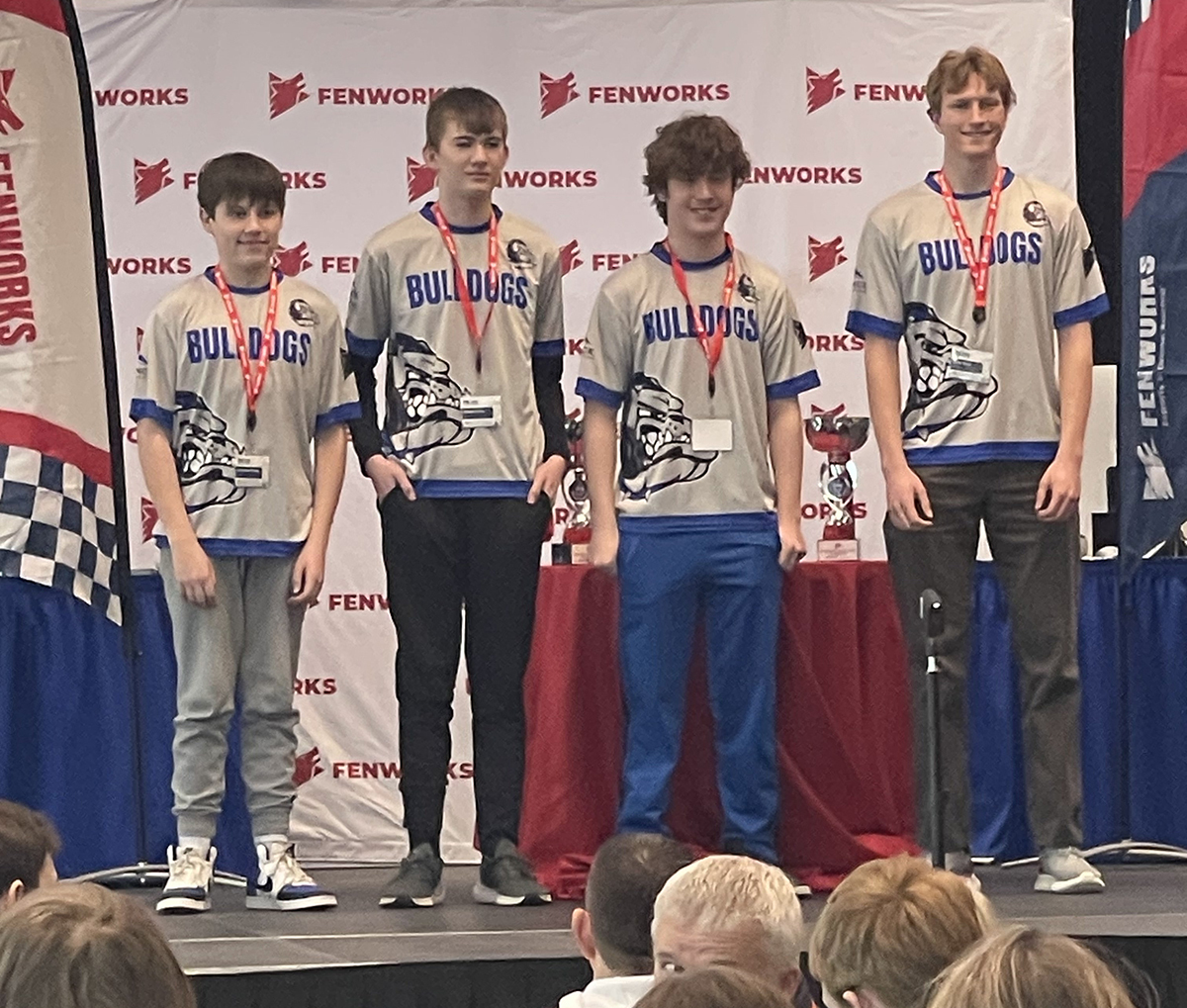
While Fiala didn’t place at state, he thinks the experience was a positive one, for him and for his fellow teammates.
“All these other games are team games," he said. "… Just like any sport with physicality involved in them, you still have this level of team play and a lot of critical thinking and competitiveness.”
'Anyone who is skeptical should go watch'
Amy Ahlers, marketing manager with Alliance Communications, which provides internet services in Baltic, as well as other communities in South Dakota, Minnesota and Iowa, agrees that the addition of esports to smaller communities is beneficial for both students and the community in general.
For parents who haven’t had the opportunity to watch their children compete in a sport, esports can be a great first-time experience. For students, it’s a game changer.
“Anytime you can give kids another option to learn teamwork and cooperation, that’s a good thing,” she says. “Especially if it’s something they haven’t had access to before … it might capture a different group of kids who might not have had the chance to participate.”
Ahlers admits that initial assumptions might be negative, but that quickly changes once people have the opportunity to see esports in action.
“This is more than kids just sitting in a basement not interacting with anyone,” she says.
Ahlers has had the opportunity to see an esports tournament take place and she took notice of the collegiality among the players, the parents and spectators.
“Anyone who is skeptical should just go watch one," she said.
People will have the opportunity to do just that during a free esports event on Sept. 21 called the SoDak Circuit. Sponsored by SDN Communications and its 17 member-owner companies, the SoDak Circuit will be held at the Sioux Falls Convention Center. Competitors will compete in "Valorant," "Fortnite," "Rocket League," "Mario Kart 8 Deluxe," "Super Smash Bros. Ultimate" and a racing simulator. The event is designed for all levels and all ages.
For SDN’s member-owner companies, hosting an esports event is the perfect way to highlight the power of their combined 50,000+ miles of high-speed fiber-optic connectivity across the region, covering more than 90% of the state’s geography. It also serves as a workforce recruitment tool to get kids and adults interested in the technical careers within the telecommunications industry.
For new players, it’s an opportunity to test the waters of the esports world. For more seasoned gamers, it’s another chance to connect with like-minded e-athletes and to have a little fun.
“It’s the kind of atmosphere you would want your kids to be around,” Ahlers says of esports. “They’re the nicest kids … there’s no egos. It’s just refreshing to see.”

